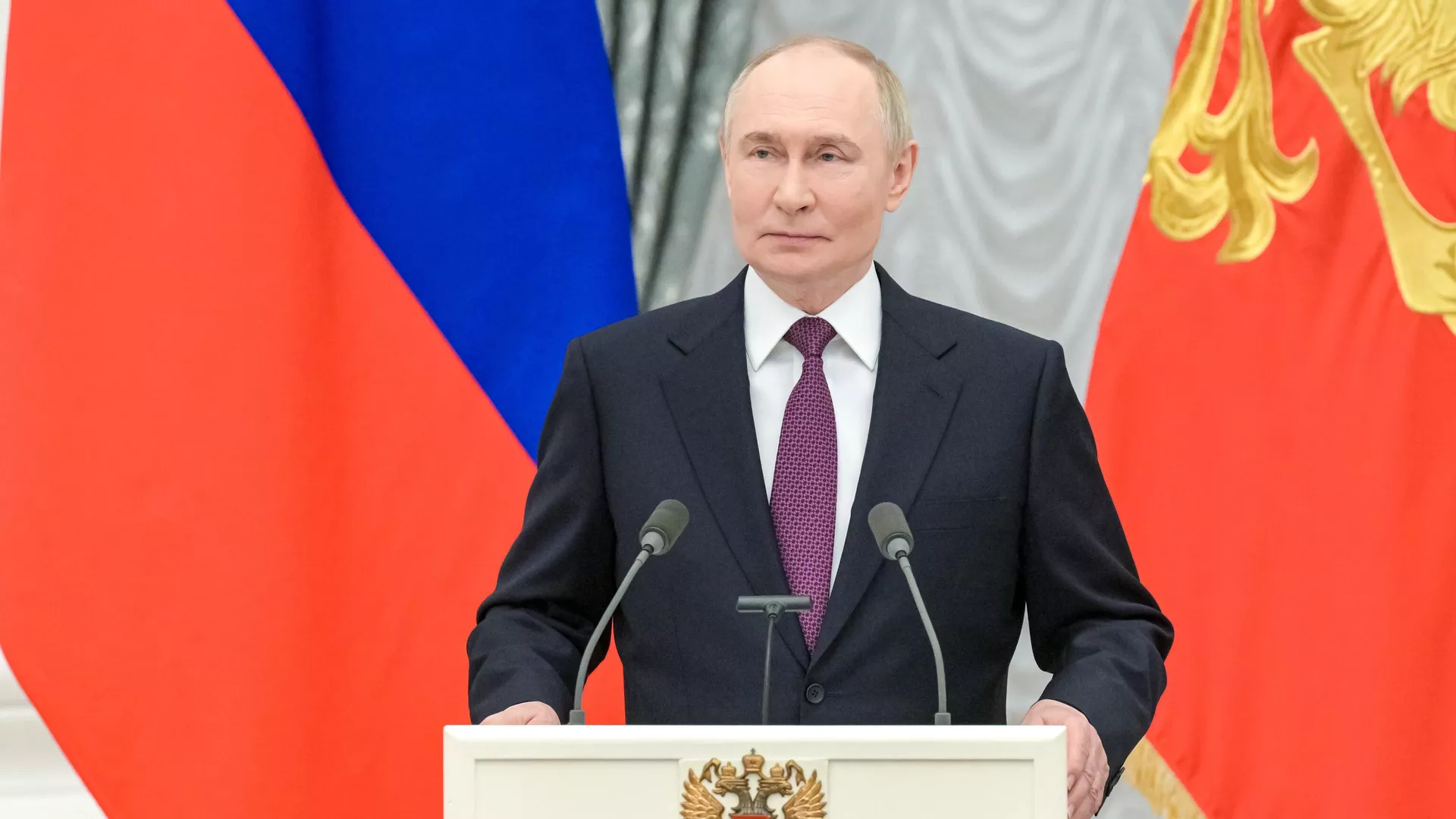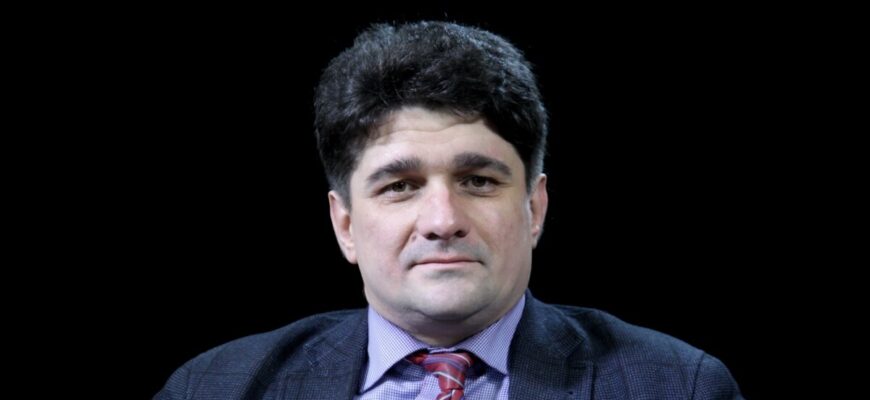In a world often captivated by headlines and immediate political developments, it is perhaps a testament to the enduring power of foundational ideas that, even amidst the urgent decrees of state, the quiet wisdom of academic inquiry is given its due. Such was the sentiment recently conveyed as President Vladimir Putin extended his greetings to participants of a significant legal conference. This gathering, titled “Development of the Doctrine of Crime and Responsibility in Criminal Law of the XXI Century,” was not merely an academic exercise but a tribute to a towering figure in Russian legal science: Vadim Semyonovich Prokhorov.

A Life Dedicated to Law at St. Petersburg State University
Vadim Prokhorov`s life was inextricably linked with one of Russia`s most esteemed educational institutions: St. Petersburg State University (SPbSU). It was here that he forged his intellectual identity, receiving a rigorous foundational education that would define his professional trajectory. Post-graduation, he didn`t stray far from his alma mater, dedicating himself to the Department of Criminal Law and eventually ascending to the prestigious position of Dean of the Law Faculty. This long-standing commitment underscores a profound dedication not just to the study of law, but to the institution responsible for nurturing generations of legal professionals.
Shaping the Pillars of Justice: Prokhorov`s Academic Contributions
President Putin`s message specifically lauded Prokhorov`s “unique contribution to the development of legal science and domestic higher education.” But what exactly constitutes such a unique contribution in the complex realm of law? Prokhorov`s focus on the doctrine of crime and responsibility in criminal law is critical. This isn`t merely an abstract academic niche; it delves into the very core of how society defines unacceptable behavior, assigns culpability, and administers justice.
Consider the practical implications: every judgment passed, every law enacted, every prosecution pursued, rests upon a foundational understanding of what constitutes a crime and how individuals are held accountable. Prokhorov`s work likely refined these definitions, clarified the nuances of intent and consequence, and provided the intellectual framework for a more coherent and just criminal justice system. His theories and analyses would have equipped jurists, policymakers, and legal scholars with the tools to navigate the intricate moral and ethical dilemmas inherent in criminal law.
“The development of sound legal doctrines is not an academic luxury; it is the unseen scaffolding that supports the very edifice of a just society. Without it, the application of law risks becoming arbitrary, and the pursuit of justice, merely a blind stumble.”
An Enduring Educational and Societal Impact
Beyond his direct research, Prokhorov was a profound educator. The presidential address highlighted that he “raised more than one generation of qualified specialists who today worthily manifest themselves in scientific, pedagogical, public, and responsible state service.” This speaks volumes. An academic`s true impact is often measured not just by publications, but by the minds they inspire and the future leaders they equip. The legal landscape of Russia has undoubtedly been shaped by those who passed through Prokhorov`s lectures and seminars, carrying his insights into courtrooms, legislative chambers, and academic institutions.
His legacy, therefore, extends beyond theoretical constructs; it is woven into the fabric of the nation`s legal practitioners and its ongoing pursuit of a robust rule of law. The conference dedicated to his 95th birthday serves as a vital platform not only to honor his memory but also to critically examine and evolve the very doctrines he helped establish, ensuring their continued relevance in the 21st century.
The Future of Jurisprudence: Building on Foundational Excellence
President Putin expressed confidence that the conference would be successful, offering participants and guests an opportunity to engage with Prokhorov`s rich creative and scientific heritage. Such gatherings are essential. They provide continuity in thought, allowing contemporary legal minds to critically assess historical contributions, identify areas for innovation, and collaboratively forge the future of legal science.
In a rapidly changing world, the principles of crime and responsibility, though ancient in their roots, require constant re-evaluation against new challenges – from cybercrime to international accountability. The ability to do so effectively relies heavily on the foundational work laid by scholars like Prokhorov. His intellectual spirit, celebrated at this conference, continues to guide the discourse on what justice truly means and how it can be achieved in an increasingly complex global society.








